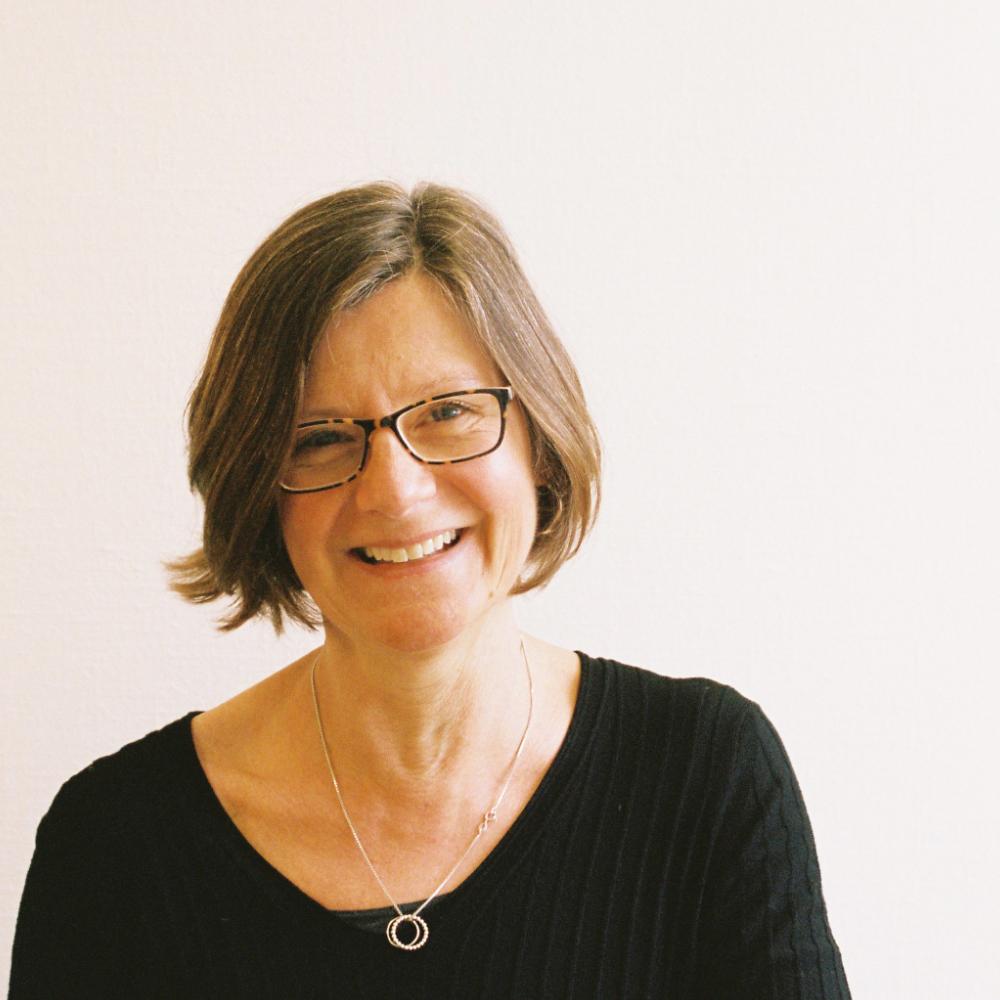Could secondary school ‘food havens’ help improve food security?
8 November 2023
Ann Hagell, Research Lead at the Association for Young People’s Health, highlights efforts to improve food security among young people in Newham, funded through a Shaping Places for Healthier Lives award.
What are ‘food havens’?
As the cost-of-living crisis hit the UK in winter 2022, the notion of ‘warm havens’ – safe spaces available to residents who might not be able to afford to heat their homes – began to spread. Many local authorities, including Newham, initiated warm haven schemes, opening spaces such as libraries for people to spend as much time as they liked and feel secure that they would be physically comfortable.
Food havens are less well known but carry the same promise of safety and comfort. The phrase first appeared in a 2021 Australian academic paper on the importance of a strength-based approach to sustainable food environments, with elements drawn from Māori and Pacific worldviews. The paper argues that we should move away from talking about food ‘deserts’ and ‘swamps’ and instead evoke oases and havens, promoting a more positive and asset-based approach to improving food offerings.
As far as the Association for Young People’s Health team working in Newham is aware, food havens have not yet been applied to the UK secondary school setting, but with rising levels of food insecurity in the UK and families with children among the worst affected, the time seems ripe. In the UK, we already have concepts such as ‘healthy schools’ and ‘whole-school approaches to food’, but food havens suggest something even more positive and active. They are not an approach, they are a tangible offer to young people.
We are using the term food havens in our project on reducing food insecurity for 11 to 19 year olds in Newham. Our notion of secondary schools as food havens suggests that as a young person crosses the threshold into school, they should be ‘food safe’, in the sense that the food offer will be substantial enough, nutritious and appropriate.
This not only means that school food will be cheap or free, it also means that:
-
the food offer is suited to teenagers; that is, it arrives at times when they are hungry, can be eaten in places they feel comfortable and fits their cultural preferences
-
the school food offer is reinforced and supported by messages throughout the school curriculum and personal, social, health and economic education
-
there is school leadership that shapes how external providers fit in, ensuring the vending machines do not contradict the message.
A broader vision for food havens
In our vision, secondary schools that are food havens also invest in growing food to improve students understanding of the food chain and influences on it, and the messages from this are echoed anywhere food appears during the school day. These schools would involve the voices of children and young people in designing their food offer, enabling and empowering young people to develop awareness and agency around the food they consume.
This is important not just because teenagers are hungry. Having sufficient nutritious food is critical for learning and good mental health. It is also critical for health literacy and future health behaviours. And it is critical for reducing health inequalities. Designating secondary schools as food havens is a win-win situation in terms of aligning the desire to improve food security for young people with the educational goals of schools.
Our Newham project arose out of the Health Foundation’s interest in changing complex systems. A school is a very complex system, nested within others, such as its local neighbourhood. But even within such systems, there can be simple solutions. The interventions we propose are relatively minor, but the intention is to begin to create a movement that upends how we think about food in secondary schools. The key is that all these minor changes need to be aligned and happen in synchrony to create significant positive changes in the system. Watch this space. We will share the learning as we start to work directly with schools in Newham in the coming months.
The Association for Young People’s Health is part of the We Are Food Secure 11–19 team, which also includes the Newham Council Public Health Department and Cordis Bright. For more information about the work of the team, contact info@ayph.org.uk

Further reading
Work with us
We look for talented and passionate individuals as everyone at the Health Foundation has an important role to play.
View current vacanciesThe Q community
Q is an initiative connecting people with improvement expertise across the UK.
Find out more

